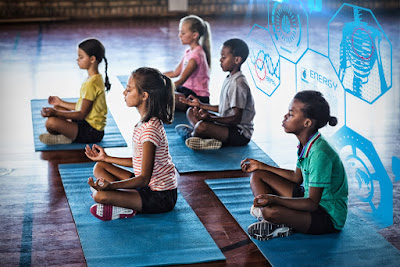In fact,
school should become less cynical, not more. School tells pupils how to behave,
but doesn’t tell them what to do if others don’t behave. As such the strong
guys are told that they should not bully the weak, but the weak guys are
never told what they should do in case they are bullied. "Go to the teacher or
headmaster", is a good advice from the point of view of the adults, but we
remember quite well it didn’t work very well in the old days either. The issue is
important, because school performance is in my honest opinion, more often
affected by lack of a safe study climate than by a lack of intelligence. In
her book Dreamers
who do, Hilde Helsen mentions three basic skills all children should become
familiar with at school:
- They should teach all children the principles of non-violent communication. Non-violent meaning here: not based on humiliating arguments of power, but based on arguments of perceived behaviour. In the Bible, the fraternal admonition is recommended. You should talk "under four eyes", and if that doesn’t work, you should get one more witness. If that doesn’t work, go to old wise men. The strong should be confronted with their weakness, and the weak should be confronted with their strengths.
- All children should be taught some type of meditation: yoga, mindfulness or transcendental meditation. In the old days, we had prayer. It is now a lost type of meditation because we became too idle and too proud to believe we could need it.
- All children should recognise compassion as a universal human feeling and a universal human value. Compassion is neither an emotion to be ashamed of, nor an obligation that is imposed by one or the other religion.
